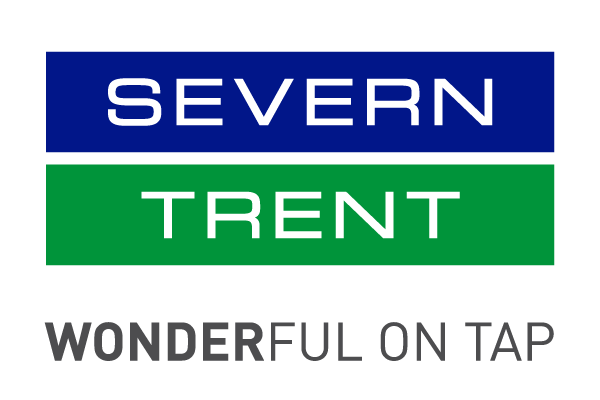Winnie the Pooh in deep poo… literally!
October 14th, 2024
Winnie the Pooh found himself in a little bit of trouble and in literal deep poo after making his way through the Severn Trent sewer network.
The loveable bear went on quite the adventure, but this time it wasn’t to find his favourite thing, honey, and Piglet was nowhere in sight.
Instead, Winnie got himself in trouble because someone lost him to the sewer!
The cuddly toy is just one of the many unusual things that have made their way into the sewers and now the water company is asking everyone to think about what is being put into the sewers.
Grant Mitchell, sewer blockages lead for Severn Trent, said: “Winnie really did find himself in a spot bother after making his way through out sewer network and ending up in one of our treatment works.
“Obviously, this is a funny tale to tell, but while we are in Unblocktober, it does come with an important message around blockages and what should and shouldn’t be flushed down the toilet or put down the sink.
“Anything that is not the three P’s, that’s pee, poo and (toilet) paper, can cause blockages along with fats, oils and greases that are poured down the sink. If all these build up in the sewer network, they can cause nasty & costly flooding in customer’s home
“When it comes to Winnie, just remember to keep hold of those much-loved cuddly toys or else they will be going on a rather mucky trip.”
The ask to customers comes as Unblocktober is here once again, as a reminder to think about what they are flushing down the toilet and putting down the sink.
The key message for everyone to remember is ‘Be a binner, not a blocker’ as waste crews at the water company managed to clear an amazing 28,782 blockages, which could’ve been avoided if incorrect items were not put down the toilet and sink.
Other weird and wacky things that have made their way to sewage treatment works include, a Ken doll, glasses, false teeth, pieces of a garden shed and much more.
One of the biggest offenders of blockages is wet wipes. Even ones that say ‘flushable’ or ‘biodegradable’ on the packaging don’t break down like toilet paper. In fact, they just cause massive issues when flushed, including blockages that back up and cause sewage to flood into homes – something which is not nice for householders and also costly to fix.
Other culprits for causing blockages are kitchen roll, cotton buds, nappies and sanitary products. When all these are congealed together with fats, oils and greases, they create fatbergs. That’s why everyone is now being asked to be a binner, not a blocker so they don’t fall foul of a blockage and have a very expensive mess to clear up.
Around two and a half tonnes of wipes and other items which shouldn’t be put down the toilet are pulled out of our sewers, while recent Severn Trent announced that 14 million litres of fats, oil and greases (FOG) successfully cleared from sewers, saving customers unnecessary and potentially costly issues, which is the equivalent of SIX Olympic size swimming pools of FOG.
A spokesperson for the Lanes Group, which organises Unblocktober, said: “This story highlights the need to know how to properly dispose of your waste. Too often there are expensive and environmentally damaging issues caused by the flushing of improperly disposed items. This is why we want the whole of the UK to take the Unblocktober pledge and learn how to reduce their impact on the environment and the sewers.”
Throughout Unblocktober, Severn Trent will be telling its ‘Sewer Stories’ once again shining a spotlight on the fantastic work the waste team does to prevent and clear blockages.
For advice about blockages visit www.stwater.co.uk/avoidblockages or to see our Sewer Stories visit for more information about the Unblocktober campaign visit www.unblocktober.org.
Anyone who has a problem, either with slow drains or a blocked sewer, can be reported here or by calling 0800 783 4444.
